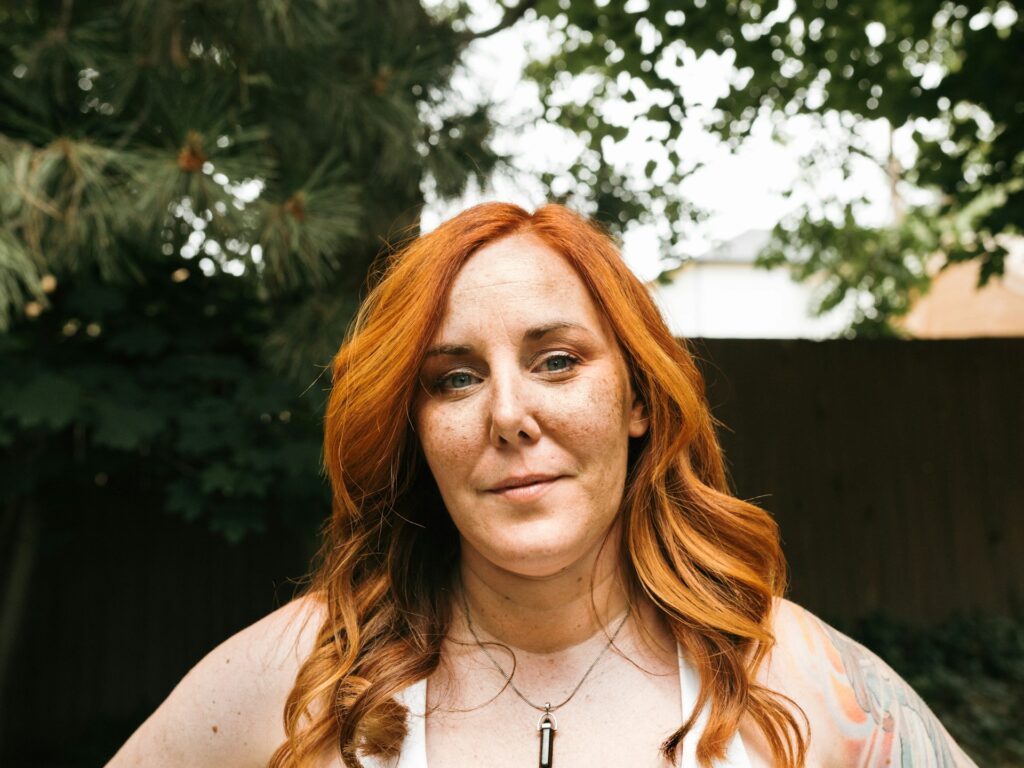Worrying about the future feels productive sometimes, like if you stress enough, you’ll somehow be prepared.

Of course, more often than not, it just drains your energy without actually helping. It creates this illusion of control while quietly pulling you away from what you actually need. Here’s why future-focused worry isn’t just exhausting—it’s an insidious form of self-sabotage that holds you back more than it protects you. You deserve better than that!
1. It keeps you stuck in “what if?” mode instead of “what now?”

When you’re constantly scanning for future problems, you stop responding to what’s actually happening in the present. Your energy goes to imaginary outcomes instead of real solutions, and that makes forward motion feel impossible. You can’t plan effectively if you’re too overwhelmed to focus. Worry convinces you you’re being responsible, but it quietly steals your clarity. The best moves happen when you’re grounded, not spiralling into every possible scenario.
2. It tricks you into thinking fear is the same as foresight.

There’s a big difference between being cautious and being consumed by anxiety. Worry tends to disguise itself as preparedness, when really it’s just your brain spiralling into worst-case territory over things that haven’t happened. That fear loop makes it harder to separate real concerns from imagined ones. It’s not that you shouldn’t think ahead; it’s that worrying convinces you every unknown is a threat, which shuts down your ability to adapt with confidence.
3. It delays action by convincing you that you’re not ready.

Future worry often hides under perfectionism. You think, “Once I figure everything out, then I’ll start.” Of course, that moment never comes because worrying gives your brain something to do instead of actually doing the thing. Progress doesn’t need certainty. It needs movement. Worrying makes you wait for a version of yourself who feels 100% sure, when the truth is, that person doesn’t exist. You learn by doing, not by overthinking.
4. It reinforces the belief that you can’t handle what’s ahead.

Every time you imagine a future problem and panic about it, you’re sending yourself a message: “You won’t be able to deal with this.” That belief chips away at your self-trust without you even realising it.
The truth is that you’ve handled hard things before. And if something tough does show up, you’ll figure it out then, not by mentally rehearsing it on a loop now. Worry disconnects you from your resilience. Confidence builds in real time, not in imaginary rehearsals.
5. It pulls you away from what’s already going well.

When your mind is constantly jumping ahead, you miss what’s working right now. Worry makes it hard to feel joy, connection, or progress because you’re too focused on protecting yourself from a future that hasn’t arrived. You could have something amazing unfolding and still feel panicked because your brain won’t let you sit in it. That constant state of bracing keeps you from actually enjoying the life you’ve worked to create.
6. It creates stress your body treats like real danger.

Your nervous system doesn’t know the difference between a real threat and a vividly imagined one. When you worry, your body reacts—heart rate up, tension in your muscles, cortisol rising. It becomes a physical pattern, not just a mental one. Living in that state long-term quietly burns you out. Worry isn’t harmless background noise—it’s something your body absorbs. And eventually, it starts to feel like you’re constantly under pressure even when nothing’s actually wrong.
7. It convinces you that control equals safety.

Worry often stems from a desire to feel in control. You think if you imagine every possible outcome, you’ll somehow be prepared. However, control isn’t the same thing as safety, and chasing it often keeps you feeling anxious and rigid. Real peace doesn’t come from controlling everything. It comes from knowing you’ll cope, adjust, or recover if things don’t go to plan. Worry robs you of that flexibility. It locks you into fear-based thinking that narrows your view of what’s possible.
8. It blocks you from asking for help.

When you’re trapped in future worry, you tend to isolate. You think no one else will understand, or that you’ll look weak if you admit you’re anxious. So you carry it alone and spiral further into overthinking. The truth is, though, most people relate to that feeling. Sharing it—even a little—can pull you out of your own head and offer perspective you couldn’t reach alone. Worry thrives in silence. Connection cuts through it.
9. It makes rest feel unsafe.

When your brain’s on high alert about what might go wrong, slowing down starts to feel irresponsible. Rest becomes another thing to feel guilty about. You can’t relax because you’re too busy preparing for every possible failure. The thing is, rest is where your mind resets. It’s where creativity, perspective, and clarity live. Worry convinces you that hustling equals protection, but it often just depletes you before anything even happens.
10. It amplifies problems that haven’t even shown up.

Worry tends to turn small uncertainties into massive hypotheticals. One unanswered email becomes a rejection. One offhand comment turns into “They hate me.” And you spend hours reacting to things that may never even materialise. This habit steals your peace and fuels anxiety. When you start assuming the worst, your emotional state follows. You’re living in defence mode, reacting to shadows instead of reality.
11. It confuses hypervigilance with preparedness.

There’s a difference between being thoughtful about your future and obsessively trying to predict it. Worry tells you that you’re being proactive, when you’re really just exhausting yourself trying to guess outcomes you can’t control. Preparedness is grounded. It’s calm, intentional, and based on what you can actually do. Worry, on the other hand, is frantic and circular. It keeps you mentally busy but emotionally stuck.
12. It creates distance between you and the life you actually want.

When you’re always scanning for danger, it’s hard to take risks, follow your gut, or enjoy things fully. Worry tells you to play it safe. But the safe route isn’t always the one that leads to growth, love, or fulfilment. The life you want isn’t built through fear. It’s built through presence, choice, and courage. Worry might feel like a shield, but it’s often the very thing standing between you and everything you’re working toward.


